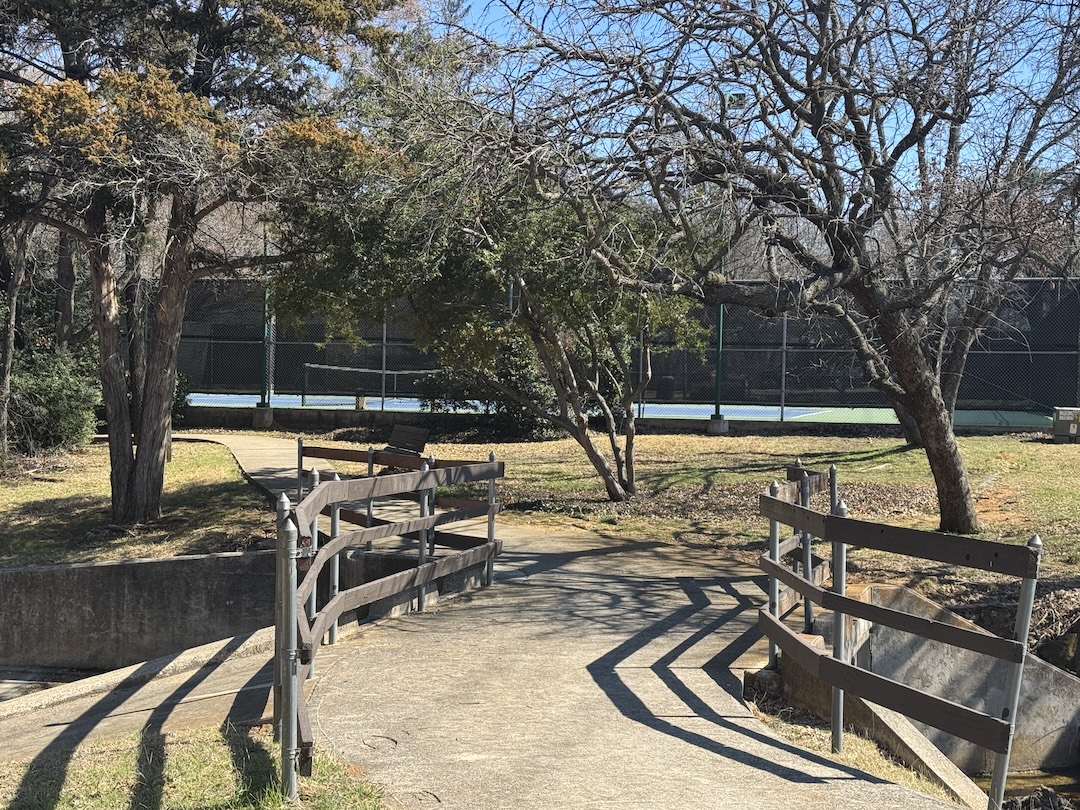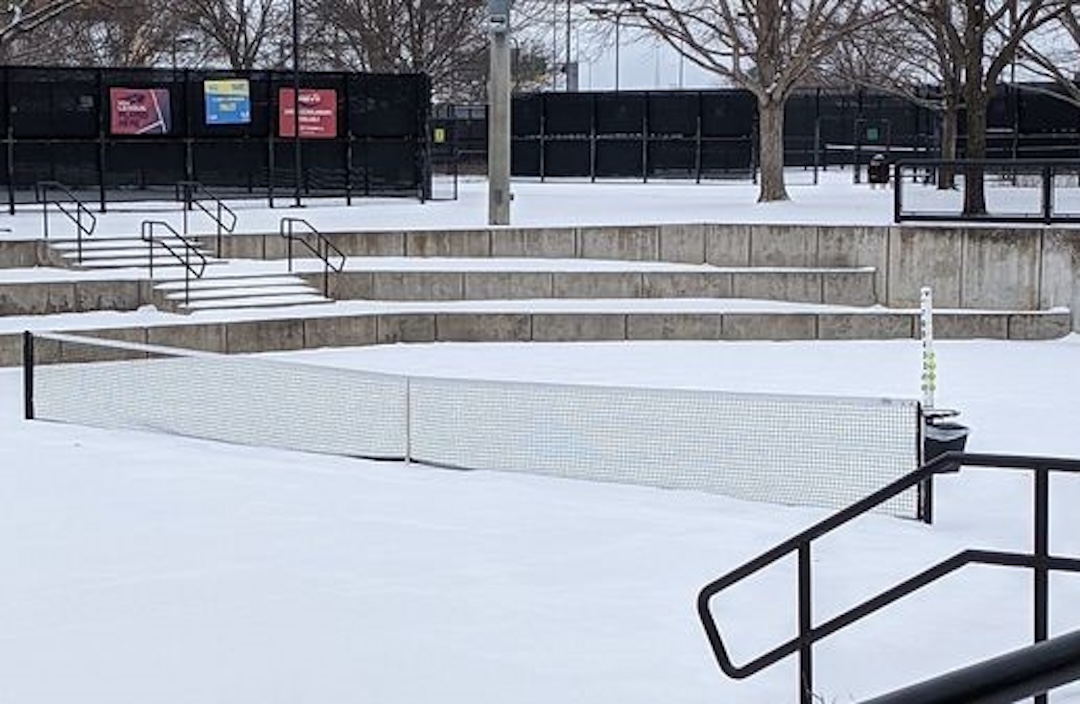This weekend I have been examining techniques tennis players can use to improve their “Mental Fitness.” It was the topic slated for the first weekend in August from the “12 Habits of Highly Successful Tennis Players” series published at the end of last year. On Friday, I wrote about off-court training techniques, and yesterday the focus was on practicing mental fitness in training sessions. Today I am wrapping up the topic by focusing on confidence.
It should come as no surprise that the very best players in Senior Adult tennis are extremely confident. They have a strong sense of self-belief in their tennis abilities. It is sometimes tempting to assume their confidence stems from previously high on-court performance. However, a very positive sense of belief frequently comes much earlier than that. In other words, they win because they are confident rather than being confident because they win. It is a subtle but important distinction.
For many less competitive players, the fundamental question is how to build confidence without a recent track record of success. There are a couple of key aspects to that. First, the very best players in Senior Adult tennis focus on the process of preparation. In addition, they prioritize performance over match outcomes. In short, they are confident in their system.
Another common characteristic of elite-level players is positive body language. Their physical demeanor exudes belief. If you walk up mid-match on many of these players, it is difficult to tell if they are winning or losing by observing their physical demeanor. The thing about positive body language is there is an aspect of “fake it until you make it.” If a player acts confident long enough, then there is an above-average chance that they will become more confident over time.
Positive self-talk is another habit that can build and reinforce confidence. In essence, the stories we tell ourselves influence our own self-image. For example, if a player double faults and immediately thinks her serve is terrible, it can become a self-fulfilling prophecy. In contrast, the player could opt to congratulate herself for getting the only double fault of the day out of the way. That pushes the psyche in a more positive direction.
Recently a very savvy player in my orbit told me he believes that consistently playing better in practice compared to real matches indicates a lack of confidence. That idea resonates with me because a player who does well when no one is keeping score definitely has the technique and skills. When that breaks down during match play, it is fundamentally a lack of performance under pressure. However, the ultimate root cause is a lack of confidence.
No one is confident all the time. Ups and downs are a fundamental part of the tennis experience. However, the very best players in Senior Adult tennis have habits and techniques that build confidence rather than tearing themselves down. Once again, all players can train for mental fitness to positively impact their game.
Throughout 2023 I am exploring the 12 Habits of Highly Successful Tennis Players. A complete summary of all posts on that topic and what is coming up for the remainder of this year can be found on the 12 Habits of Highly Successful Tennis Players homepage.



